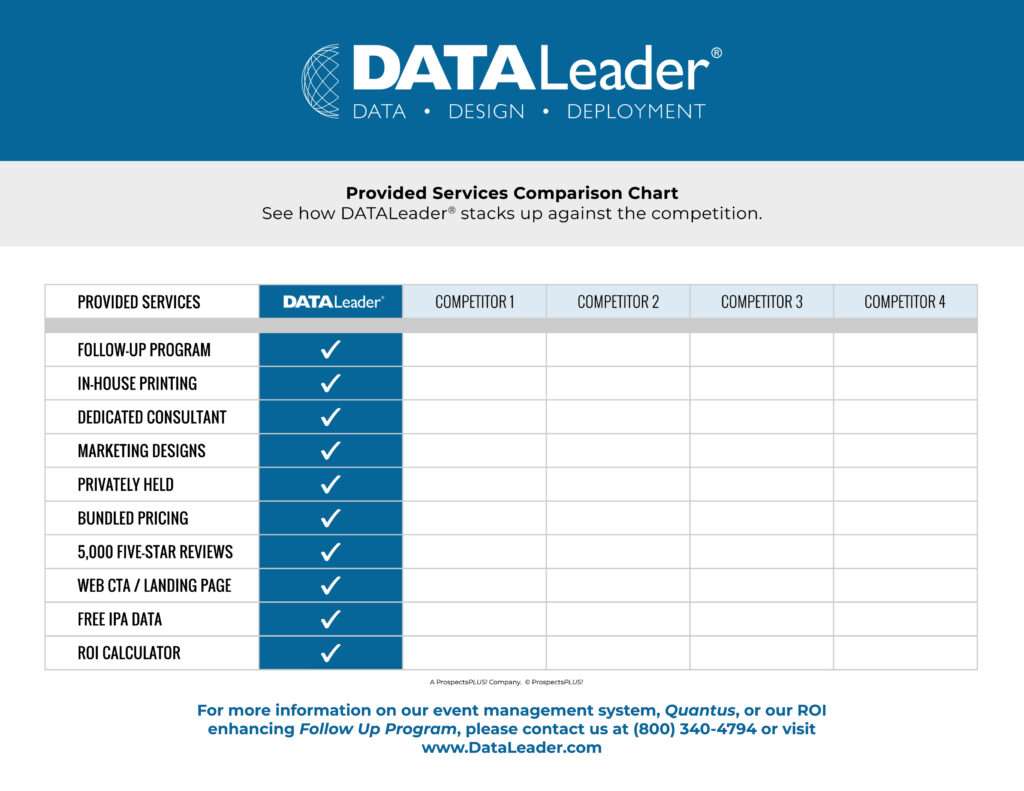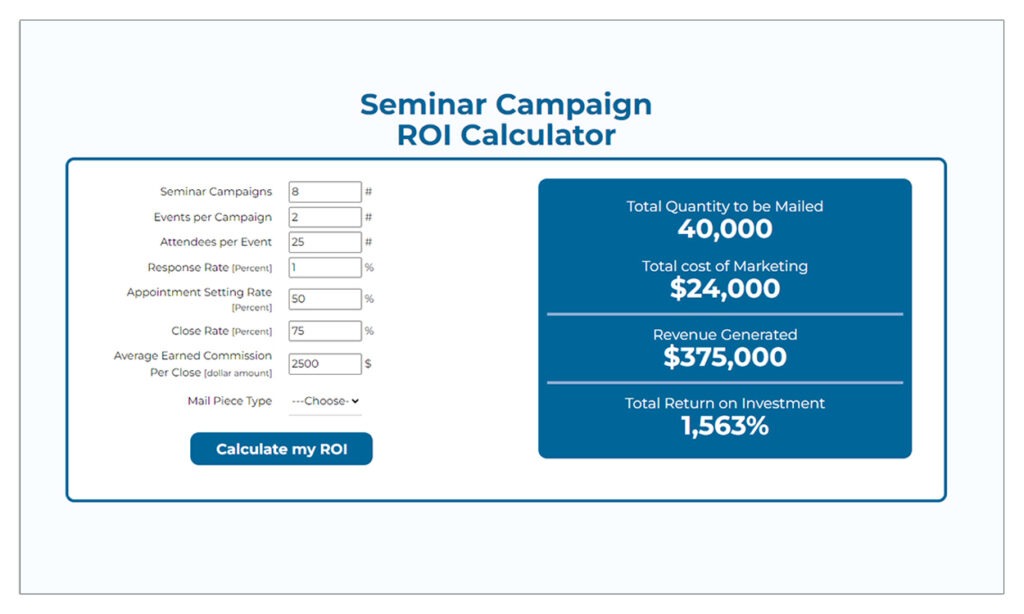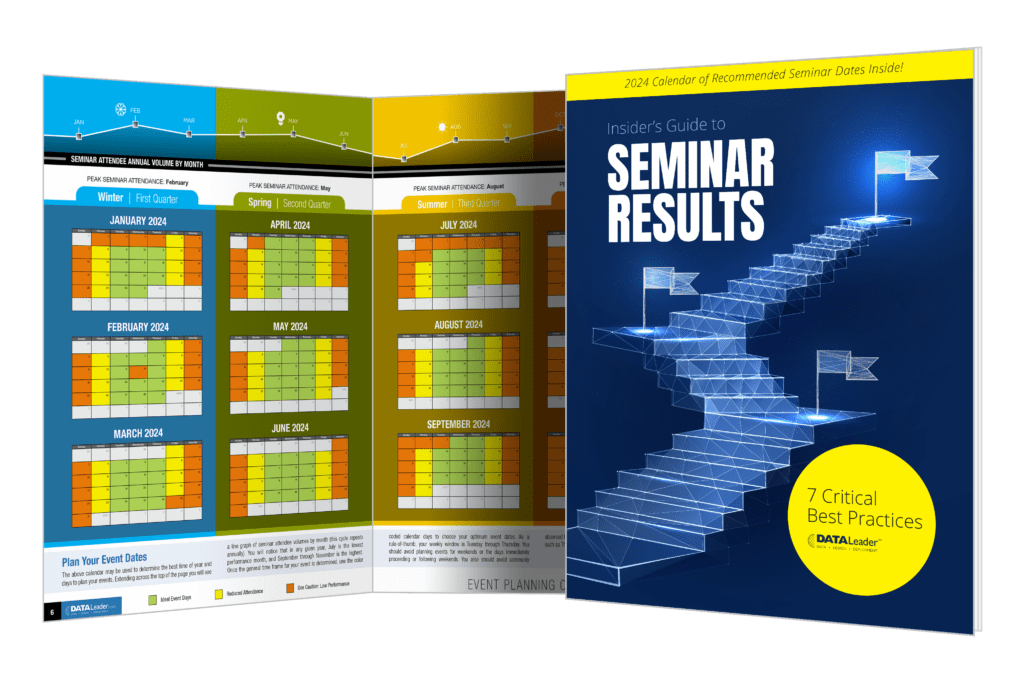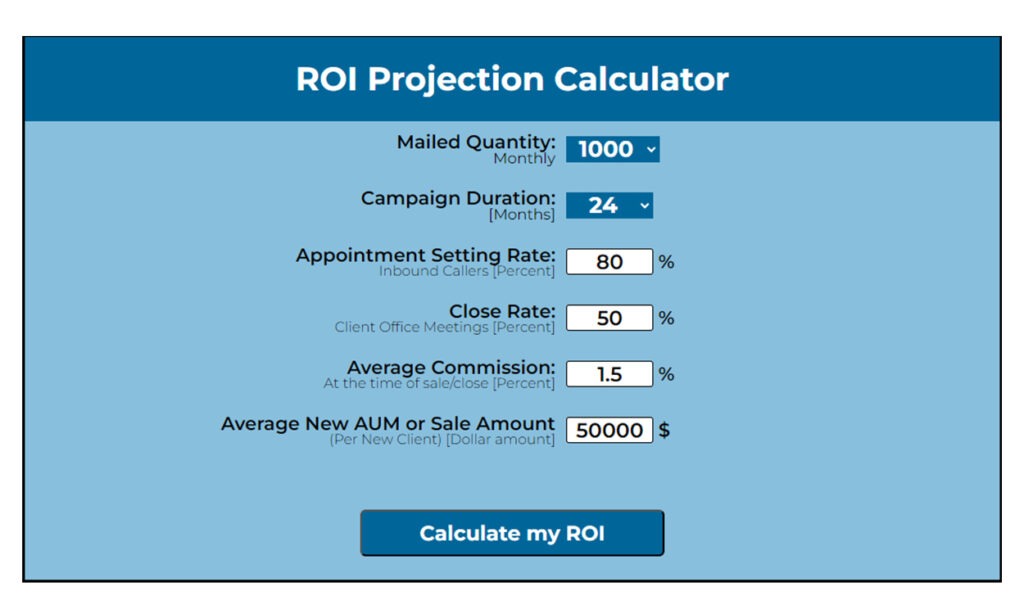When you’re presenting in front of a room full of potential clients, one loud objection can throw off your flow—and influence others in the room.
According to HubSpot, 60% of buyers say “no” four times before saying “yes”, which means objections are expected—but how you handle them matters. Mishandling one in a group can erode credibility and halt conversions.
Keep Control Without Shutting Down the Conversation
The key is to acknowledge objections without inviting debate. Phrases like, “That’s a great question—I’ll cover that shortly,” or “Let’s talk more about that during Q&A” allow you to stay on script while making the person feel heard.
Sales expert Grant Cardone says, “Objections are not rejections—they’re requests for more information.”
Create a Safe Space for Later Discussion
Rather than addressing objections during the talk, let attendees know upfront that questions will be addressed personally after the seminar. This positions you as confident and in control.
According to a 2024 Salesforce study, 74% of prospects are more likely to convert when they feel heard and understood—so make time after your presentation for those deeper conversations.
What to Do When You Don’t Have an Answer
If you don’t have a solid response to an objection during your group presentation, the key is to handle it with grace and confidence—without losing your authority.
Start by acknowledging and redirecting. You might say, “That’s an excellent question, and I want to make sure I give you the most accurate answer. Let me look into that and follow up with you directly after the seminar.”
This shows honesty and professionalism, rather than guessing under pressure. Next, use it as a follow-up opportunity. Invite the attendee to connect one-on-one after the event with a response like, “Let’s connect after the presentation so I can get a better understanding of your concern and give you a thorough answer.”
This preserves the group’s momentum and opens a door for deeper engagement. Finally, when possible, bridge to broader value by saying something like, “That’s something I’ve heard before, and while it’s not in today’s presentation, it’s definitely part of the bigger picture I help people with.”
Then, move forward with your content. Each of these approaches keeps you in control, maintains your credibility, and can even improve your chances of converting leads after the seminar.
Practice and Prepare
Anticipate common objections and include pre-emptive answers within your presentation. This helps neutralize concerns before they’re even raised, keeping the group engaged and your message intact.
For information on our data-driven seminar marketing, Quantus Event Management System, or a Seminar Follow-Up Program, please contact our marketing consultants at (800) 340-4794 or visit us at www.dataleader.com

PLUS: When you have time…below are some free marketing resources to support the success of your dinner seminars.
The Seminar ROI Calculator

The Free, Online, Seminar ROI Calculator helps you visualize the impact of your seminar marketing. Just input your seminar data to see a projection of your cost for marketing, revenue generated, and total return on investment. To get started, Click Here.
The Free Insider Seminar Guide

The Free, Insider Seminar Guide includes the seven critical best practices for seminar marketing and an annual calculator of recommended seminar dates for the best ROI. To download your Free Insider Guide today, Click Here.
The Follow-Up Campaign ROI Calculator

The Free, Online, Follow-Up Campaign ROI Calculator helps you visualize the impact of continuity marketing. Just input your marketing campaign data to see a projection of your response rate, cost per conversion, commissions, and return on investment. To get started, Click Here


